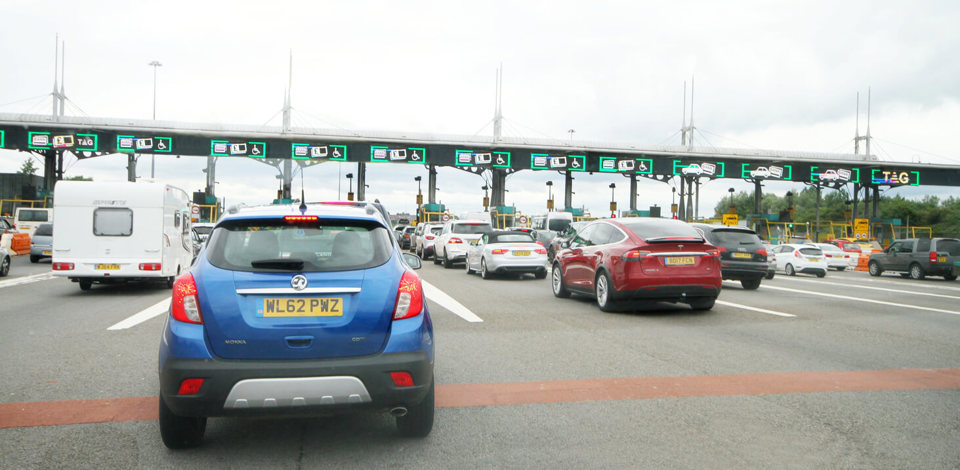Business leaders are calling for a radical approach to road funding – including the introduction of road tolls – if the Government is to deliver a road network fit for the 21st century.
Congestion is already costing the UK economy £8 billion each year, with fleets regularly facing gridlock during the busiest times of the day.
However, the cost of congestion is expected to almost triple to £22bn a year by 2025, and the Department for Transport (DfT) is predicting traffic volumes will increase by 46% over the next 20 years.
John Cridland, director-general of the CBI, said: “Every day, people up and down the UK lose time and money because of our clogged-up roads.
“Whether you’re a business waiting for an urgent delivery, or a commuter stuck in the morning rush-hour, gridlock is an all too familiar tale of life in the UK.”
The Government has promised to reveal plans to reform the strategic road network before the end of the year. It will include the results of a feasibility study to explore options to increase private sector involvement and investment in the country’s roads.
However, the CBI is calling for the Government to be bold when it comes to securing new sources of funding.
For example, it is suggesting the Government adopts a “regulatory asset base” model for the UK’s road network, similar to the one used in the water industry. The model sees investors and infrastructure providers agree a fixed rate of return, but caps charges on customers.
Under the CBI’s proposal, road-users would see a proportion of their motoring taxes converted to a user charge for accessing the strategic road network.
The charge would provide a funding stream for private operators running regional sections of the network.
The group said a £10bn shortfall in funding for Highways Agency projects, combined with an expected fall-off in motoring tax revenue due to better fuel efficiency in new vehicles, “makes the current model unsustainable”.
Cridland said: “A lack of investment means we are really struggling to increase our road capacity, let alone maintain what we already have.”
But in the long term, the CBI admits that the user charge alone might not be sufficient to deliver the levels of future investment needed to finance bigger capacity projects.
Private operators would have to finance such projects through long-term borrowing, which could require additional revenue streams, such as tolling, above a standard charge.
More follows on page two...




















Login to comment
Comments
No comments have been made yet.